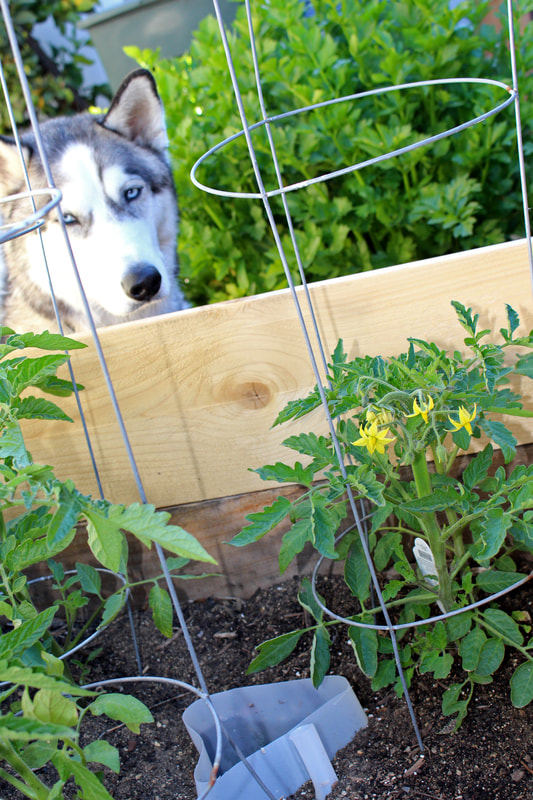Too often we... enjoy
the comfort of opinion
without the discomfort of thought.
- John F. Kennedy
It isn't a secret that I love literature. I majored in it, in college. I have taught literature for over 20 years. One of the things I looked forward to with relish during our 24 plus years of homeschooling was teaching my own kids high school literature. I honestly day-dreamed about them becoming writers, and poets, and teachers in their own right. I LOVE literature.
My homeschooling daydreams (you know, before I actually had kids old enough to be students) involved me, comfortably in my lane, teaching with passion the subject I loved most. Experts talk about finding a curriculum with which you are comfortable, about not worrying about changing up your teaching style until you find the one that "fits" both you and your students.
What I never heard was a discussion of how to embrace DIScomfort. Maybe mom/teacher is uncomfortable teaching a subject. Maybe the student is uncomfortable, challenged, even perhaps thinks a subject is unnecessary - or a waste of time. And maybe those will be the biggest teaching/learning opportunities you ever encounter!
It would have been easy to throw up my hands:
- When they LOVED Saxon Math - it was black and white, and didn't have cartoon "fluff" in the margins - and I (at first) thought it was bland, even boring.
- When my five-year old daughter was unhappy with the sweet hands-on curriculum I designed, and she asked, "Mama, can't I do WORKBOOKS like my friends in school? I LOVE workbooks!" There was something in her soul that reveled in completing that last page, filling in each blank.
- When my boys' science fair projects were so involved they needed special equipment months in advance, and I didn't know where to get it...or how to afford it.
- When I opened that Advanced Math text and realized that I hadn't ever done some of this math - even in college Pre-Calculus.
- When I realized high school would include large doses of Physics, Calculus, Chemistry, and Computer Programming; when I realized a literature-based high school curriculum was simply not going to be best for my students.
- The year my youngest son knew I was teaching a level of math I was not comfortable with, and spent each and every evening working the math lessons ahead of teaching them - sometimes watching videos from Khan Academy to help figure it out. The fact that I was working hard to teach it well motivated him to learn it well. He commented, "I can't let my lit-major mom get better at math than me!"
- The year in Advanced Physics, which we co-oped with a more science-y friend, when we worked through the homework problems together. The joy of working WITH my guys to struggle through to a solution - and the ah-ha moments of shared victory - bonded us as companions in a life-long journey of learning. They also decided that mom is pretty smart.
- Sorting out together with the kids, as they were in high school, how to take advantage of the opportunities we had to meet the needs they felt: community college, co-ops, mentors in the community - the struggle to figure out how to access knowledge TAUGHT them how to do it for themselves.
- To be honest, my willingness to 100% engage in "their" subjects made them more willing to engage in mine. We did, after all, have those literature discussions I had dreamed about! They were just wedged in between C++ and Calculus discussions. Shakespeare, they discovered, is still applicable.
We don't get lifelong learners without modeling learning as a lifestyle. We don't teach our students to find solutions, access information, and seek out mentors unless we let them be part of that process. If all they know is that the curriculum comes in a box every August, and they've never thought beyond that to: What do you WANT to learn about? How can we expand your studies in that area? Who do you know that we could talk to about this? - we've missed the greatest learning opportunity of all.
I challenge you to plant tomatoes in February, to teach subjects that push the cusp of your understanding, to be okay with being uncomfortable, to engage WITH your students in learning. Yes, a lot of learning - and homeschooling - will be fun, will come easily. But embrace the discomfort of the struggles. It will only make the harvest sweeter.
After all,
Not all rigor is mortis!





 RSS Feed
RSS Feed
